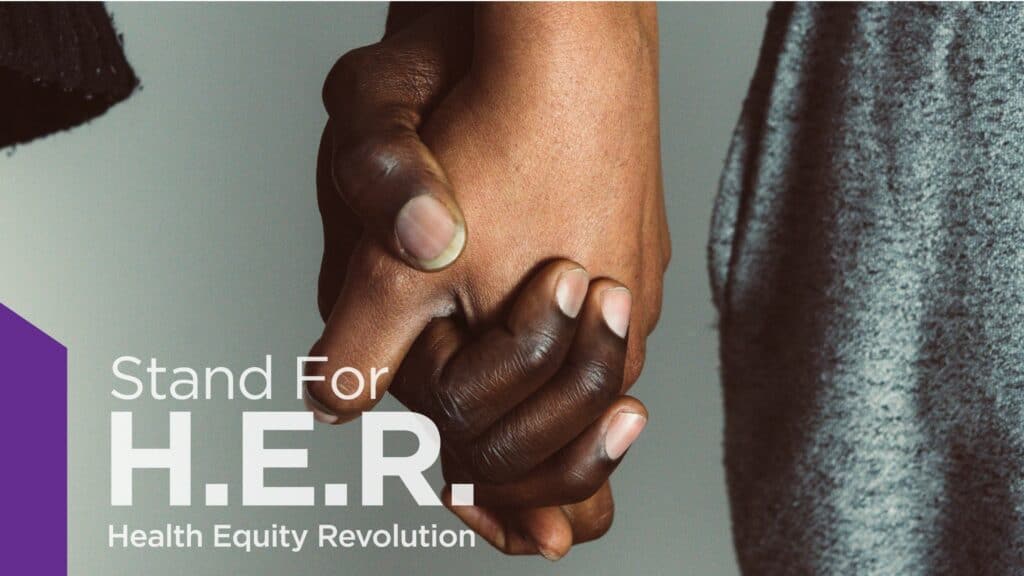
Molly Guthrie
Sr. Director, Public Policy & Advocacy
Government Affairs
Susan G. Komen®
The Susan G. Komen Center for Public Policy serves as the leading voice for more than 3.8 million breast cancer survivors in the U.S., 168,000 women living with metastatic disease, about breast cancer. The Center for Public Policy works to educate people about policy issues, so that they are empowered to become forceful advocates for themselves and their neighbors and then unites their collective voices for maximum impact.
We believe all people deserve equitable access to high-quality breast health care no matter their age, race, ethnicity, sexual orientation, gender identity, cancer stage or socio-economic status. However, we know that millions of Americans experience systemic racism and bias in our healthcare system that has led to sobering disparities in health care outcomes. With over 30 years at the forefront of advocating for patients’ access to lifesaving care, we know that through government action—locally and federally—broad, systemic, lasting change can be made in the fight against breast cancer.
The COVID-19 pandemic has underscored an alarming trend we see with almost every public health crisis: its consequences are more severe and more commonly experienced in low-income and minority communities. This is true for breast cancer outcomes. Breast cancer mortality is about 40 percent higher for Black women in the U.S. than white women. Compared with other racial and ethnic groups, Black women are also more likely to be diagnosed with late-stage breast cancer when treatment options are limited, costly and the prognosis is poor. Beyond these staggering data for Black women, we remain hopeful that the work of Stand for H.E.R. will truly cause a health equity revolution—in the 10 metro areas where the program exists and nationally.
Social and economic conditions, such as those in housing conditions, employment status, food security, education opportunity and medical racism, have a major influence on individual and community health. Unfortunately, historically marginalized communities face inequities in these factors, which may exacerbate breast cancer disparities. These inequities are unacceptable, as socioeconomic factors should not determine an individuals’ health or well-being.
The good news is that Congress has introduced several pieces of legislation so far this year that provide the opportunity to address the disparities in health care we see today. One example is the Improving Social Determinants of Health Act of 2021 (H.R.379/S.104). This legislation examines the social, economic and environmental factors that drive inequality in the United States and funds programs to address these issues. In addition, the legislation creates a new Social Determinants of Health (SDOH) program at the Centers for Disease Control and Prevention (CDC). Through grants and guidance, the SDOH program would empower public health departments and community organizations to lead efforts to build integrated systems that research and address the social factors that negatively impact health in their regions.
In July 2021, the House Energy & Commerce Health Subcommittee held a hearing on the Improving Social Determinants of Health Act, but it has not yet seen any additional movement. Contact your lawmakers today and ask them to move this legislation forward to address social factors influencing health.



